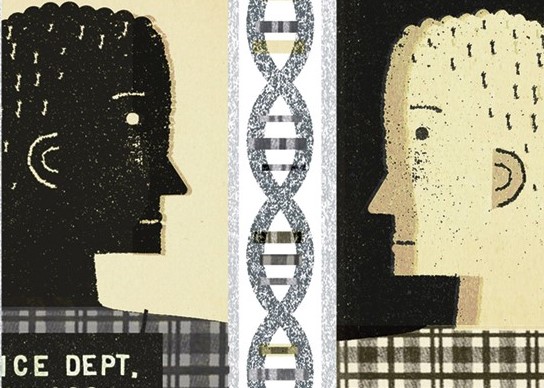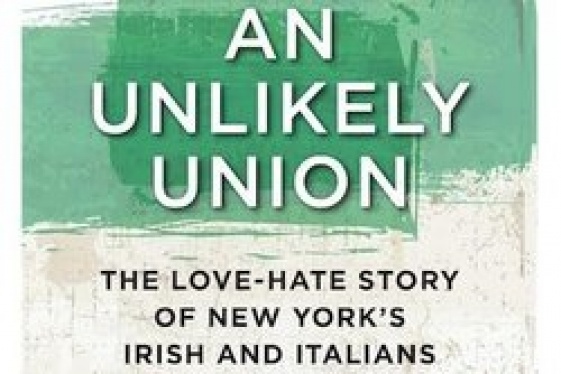

BY: Libby Copeland
Rosario Castronovo grew up without much in the way of cultural identity, but he clung to his mother’s story that she had Sicilian heritage. At 21, when he decided to legally change his name to distance himself from a father he describes as abusive, he chose Italian first and last names in a nod to his mother’s culture.
He’d heard “Castronovo” meant “new castle,” and that’s what he believed he was building—a new life, a new identity. Nobody in his family stopped him, though he’d later learn that many of them knew this was a fable.
SOURCE: https://thepenngazette.com/
You may be interested
-
'Phantom Limb': A Conversation With Dennis...
Dennis Palumbo is a thriller writer and psychotherapist in private practice. He's the auth...
-
An Unlikely Union: The love-hate story of Ne...
Award-winning author and Brooklynite Paul Moses is back with a historic yet dazzling sto...
-
Former Montclair resident turns recipes into...
Former Montclair resident Linda Carman watched her father's dream roll off the presses thi...
-
''La Gente di Mulberry Street'' presentato a...
Valsinni- Italia, terra di emigranti. Presentato a Valsinni il nuovo saggio storico di Raf...
-
'An Unlikely Union' author Paul Moses on his...
by Ginger Adam Otis Any journalist who has ever been an author has lived through...
-
'An Unlikely Union': Paul Moses on the urban...
Few American cities, with the possible exception of Chicago, do urban ethnic drama like Ne...
-
'Augie’s War' novelist to appear at Elkins bo...
Charleston author and Gazette-Mail wine columnist John H. Brown will conduct a book readin...
-
'Ferrante Fever' Documentary: A Literary Phen...
It's generally accepted that, in order to achieve fame and fortune, one must be prepared t...










